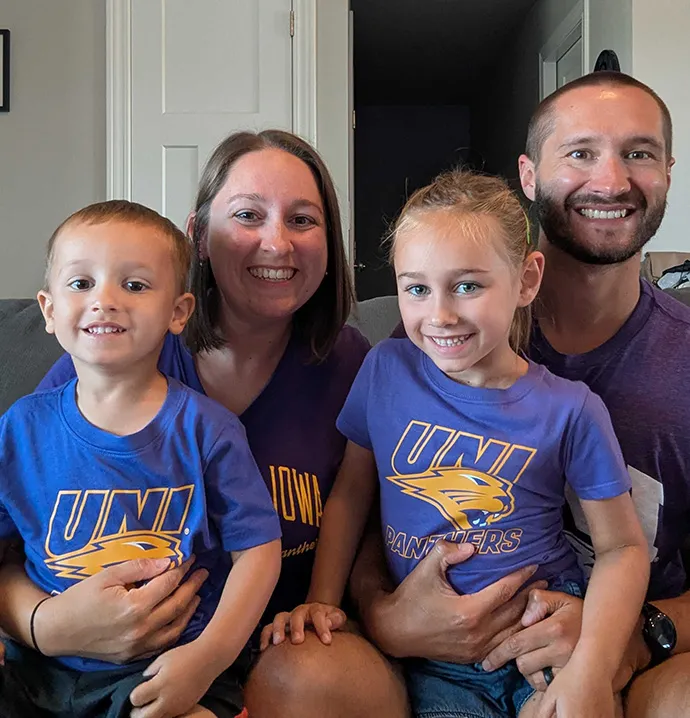What if... We told ourselves a different story?
What if... We told ourselves a different story?

“Ideas matter.” As I have noted in previous blog posts, this was a mantra chanted by my dissertation advisor, Jon Shepard, during my Ph.D. program at Virginia Tech. Jon, trained as a sociologist, and by then, Chair of the Management Department in the business school, was referring to the vital importance of our thinking on the ways we structure our organizations, institutions, and societies. He was conveying that the ways we live, the rules we observe, the social structures we create, are all derived from someone’s ideas—they are NOT preordained or natural law.
Over the recent holiday break, I read a book by David Korten (also referred to in previous blog posts), Change the Story, Change the Future. He expands on Shepard’s concept of “ideas matter” by discussing how those ideas are conveyed to others—the stories we tell ourselves and others. The stories he deals with are those explaining the origins, development, and meaning of who we and our societies are.
When Korten talks about “meaning,” he touches not “just” on the meaning of life (perhaps the most fundamental question humans face), but also inquiries into how things work, the “proper” order of things, how we relate to others and our environment. The stories Korten references are largely the answers we have created to those questions. Although those answers spring from our ideas, we come to accept them as “Truth” (with a capital T). These ideas and stories become what the anthropologist Edgar Schein labels “basic assumptions” (beliefs taken for granted as facts). Thus, Korten asserts that the stories we tell ourselves shape our futures. For example, the Biblical statement that mankind shall have dominion over the earth (paraphrased) is often interpreted as granting us the right to utilize natural resources as we see fit. Contrast that idea with Native Americans’ view that Earth is a mother figure, and that what is taken must be limited to what will allow her to continue to thrive—a much more reciprocal relationship with the host planet than the Biblical interpretation.
At this point, I want to bring in some other points about the importance of the stories we tell ourselves, and why they are so crucial in shaping our future. The first is homo economicus, the economic abstraction of humans as completely rational, having access to perfect information, and focusing solely on self-interested goals, characterized as utility. This (obviously incomplete and inaccurate) abstraction is the basis for much of neoclassical economic theory, upon which the entire capitalist economic system is founded.
Another issue is our inherent short-term perspective, relative to geological time or even more, the universal time scale. Living to 100 years old is rare for a human, but let’s use that as a round number. Using Native Americans’ idea of considering seven generations (which is completely foreign to Western societies), that is a mere 700 years. Earth is estimated to be around 4.6 billion years old, and the Big Bang occurred nearly 14 billion years ago. Now, think about the time it has taken humans to foul Earth’s natural environment. If we say that process started in earnest concurrent with the Industrial Revolution, we are talking about only some 300 years! That is less than half of our supposed seven generations. Korten argues that the dominant story we tell (he calls it the Sacred Money and Markets story, in which individualistic competitors vie for monetary gain, to drive material consumption, thereby increasing personal happiness) is a primary cause of the devastation wrought on our planet.
Bounded rationality, the observation that there are limits to our thinking capacity, available information, and time, is a counterweight to the stories of homo economicus, human dominion over the earth, and our short-term perspective. Despite the amazing capacity of our brains, we can never hope to process all of the stimuli we continually encounter. Thus, we tend to focus on the familiar, the things we can control, and make basic assumptions about the rest. The stories we tell ourselves help us understand the world we live in, and keep us from having to re-interpret it anew every day. However, bounded rationality, while widely recognized, is often not incorporated into our dominant stories. The stories of homo economicus, Earth being created for our use and pleasure, and our short-term perspectives tend to overwhelm the more accurate story of our cognitive limitations.
This all seems pretty abstract, so let’s think about it on a personal level. I played basketball in high school. One of the main reasons I was on the varsity squad for three years was that my four-year high school had fewer than 400 students, so there wasn’t a wealth of basketball talent to draw from. My major claim to fame as a basketball player was that I was the only one of the top six players on my team NOT to be named to the All-Conference team or as Honorable Mention. Given that reality, what if the story I told myself had me playing in the NBA (National Basketball Association) in my 20s and 30s? It seems clear that I would have been deluding myself, and would have been singularly unsuccessful in my endeavors. What if that is exactly what we are doing as a society by accepting the Sacred Money and Markets story?
We should seriously consider Korten’s argument, and rethink the stories we tell ourselves, and live by. What if we (humans) are NOT the center of the universe? What if, rather than having dominion over the Earth, we strove to live in harmony with nature? What if we valued relationships more than money? What if we focused on sharing instead of hoarding? What if we changed the story? Could it change our future, which currently looks so dim?
The views and opinions expressed are those of the author and do not imply endorsement by the University of Northern Iowa.




